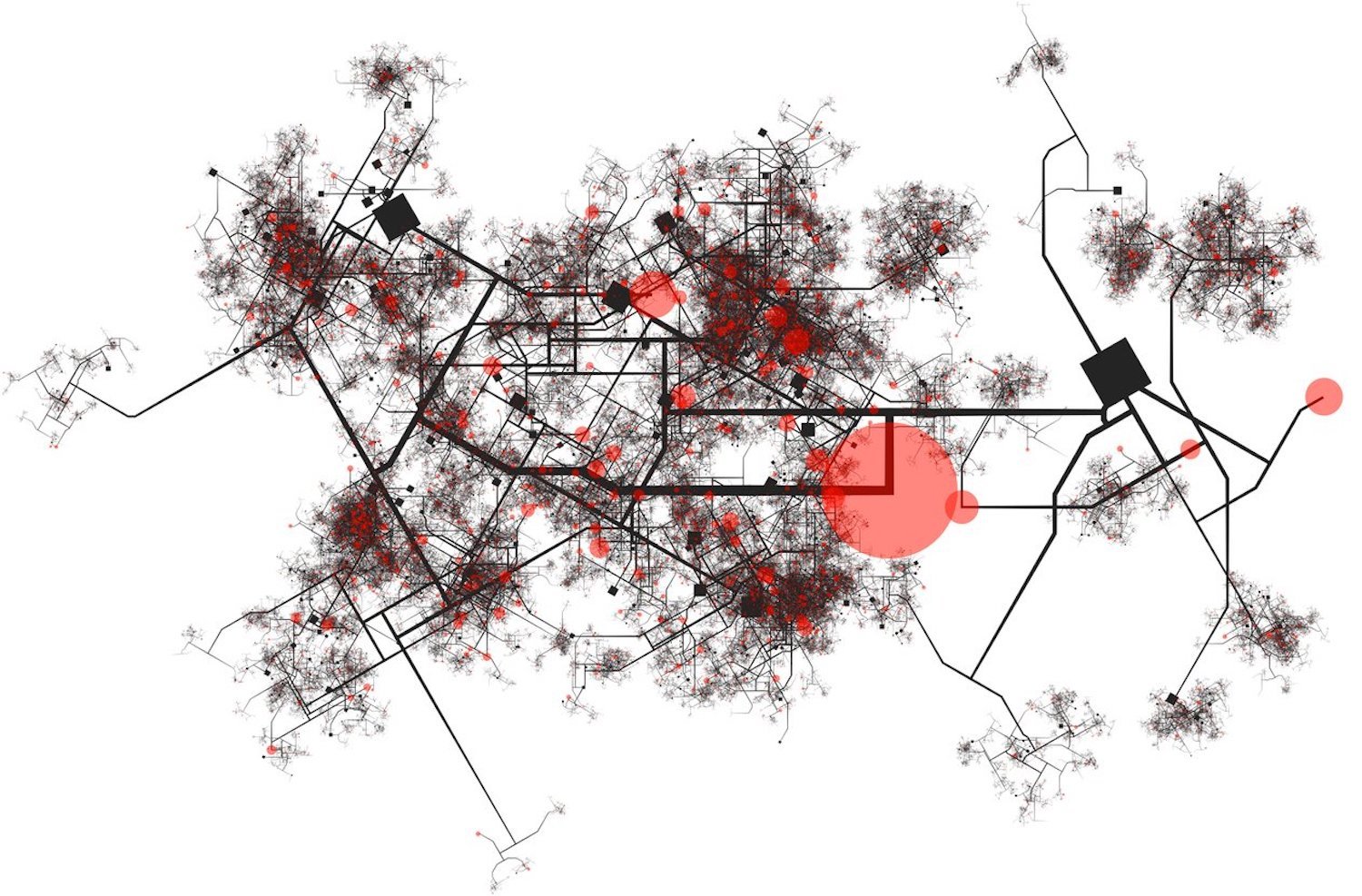Disclaimer: The views and opinions expressed by the Future of Policing Institute fellows are theirs and do not necessarily reflect the views or positions of any entities they represent.

Police reform, unions and controlling your own destiny
When faced with police reform pressures, union leaders really have two choices: fight them or try and insert the police perspective to make them more reflective of the realities and challenges of modern policing. We argue that working collaboratively with those furthering reform goals is a much more productive stance and contributes to the control of policing’s destiny.

Managing the re-positioning of the police from Law Enforcement Officers to Peace Officers
For strategic efforts aimed at transforming a policing organization to be effective and have those efforts anchor to the culture of the organization, consideration must be given to managing key components of the transition. Here we provide two helpful tools to be used in the strategic transformation.

The future of traffic safety
In policing, most cops are focused on traditional criminal acts aimed at either people or property. But traffic safety plays an important role in keeping communities safe. And it has a connection to governmental finances. Rarely do the police (and city or county governments) get sued because a murder occurs. But it is quite common for claims and lawsuits to be filed after a traffic-related fatality. As our society becomes increasingly litigious this will be a more important area on which the police will need to focus.

Paradigms and Policing: Shaping Public Views on Cops in the Digital Age
Mental models or paradigms serve as cognitive frameworks for individuals to interpret the world and interact within it. They are the lenses through which we see the world. Each of us has them and they affect our behavior in various ways. They play a significant role in shaping perceptions and behavior about policing.

A Hippocratic Oath for Policing isn’t new, and it’s finally here
“We, the members of the Anytown Police Department promise that while doing our best to control crime, we will do everything in our power to do no harm to the communities we serve and protect.”

The danger to policing in normalizing extremism
Policing’s episodic normalizing of the acceptance of far-right groups carrying Blue Lives Matter slogans and symbols is wrong and not only presents a threat to officer and community safety but to the legitimacy of democratic policing.

Wolves in sheep’s clothing?
The sights and sounds of January 6, 2021 are etched into our minds for the remainder of our lives and will no doubt be read about and retold for eternity. This was no ordinary Wednesday. It could be classified as one of the worst, if not the worst day yet, in American history.

Evidence Based Policing: what it is and why will it become even more important in the future
Evidence-Based Policing (EBP) has emerged as a transformational paradigm shift designed to revolutionize police methods, drawing its inspiration from evidence-based practices in other professional domains such as healthcare, psychology, and social work.

Why use 2030 as a time horizon?
When we think strategically about the future of policing it may be attractive to think about what policing will look like in 50 years. That has a real ring to it. However, the longer your time horizon is the fuzzier the future looks and the less practical your forecast will be. We think that 2030 is a useful and realistic time horizon for thinking about the future of policing in a way that allows for realistic planning and discussions.

What is the Future Policing Institute?
The Future Policing Institute was established in 2019 as a vehicle for anchoring foresight and innovation to the culture of policing.

